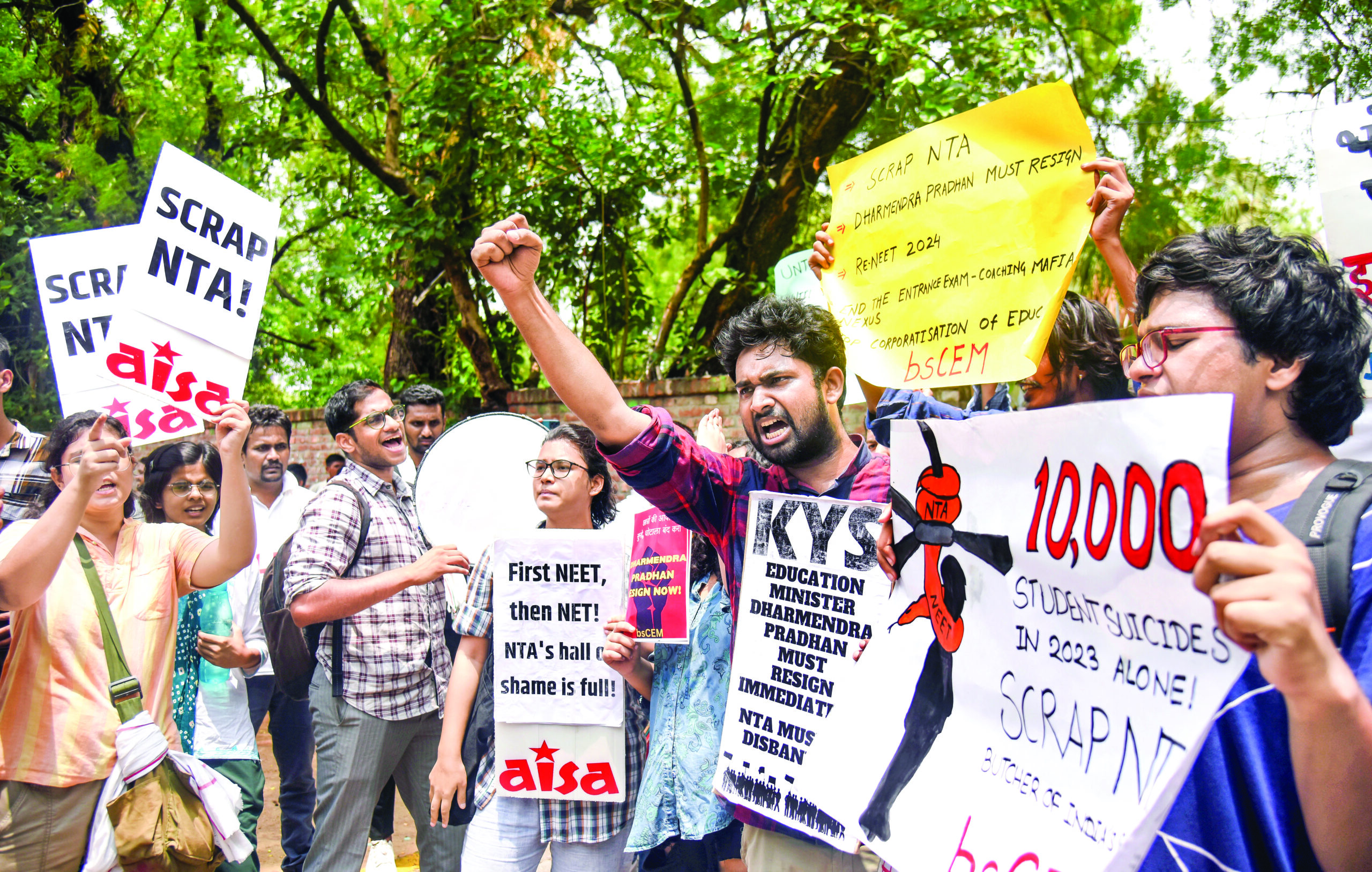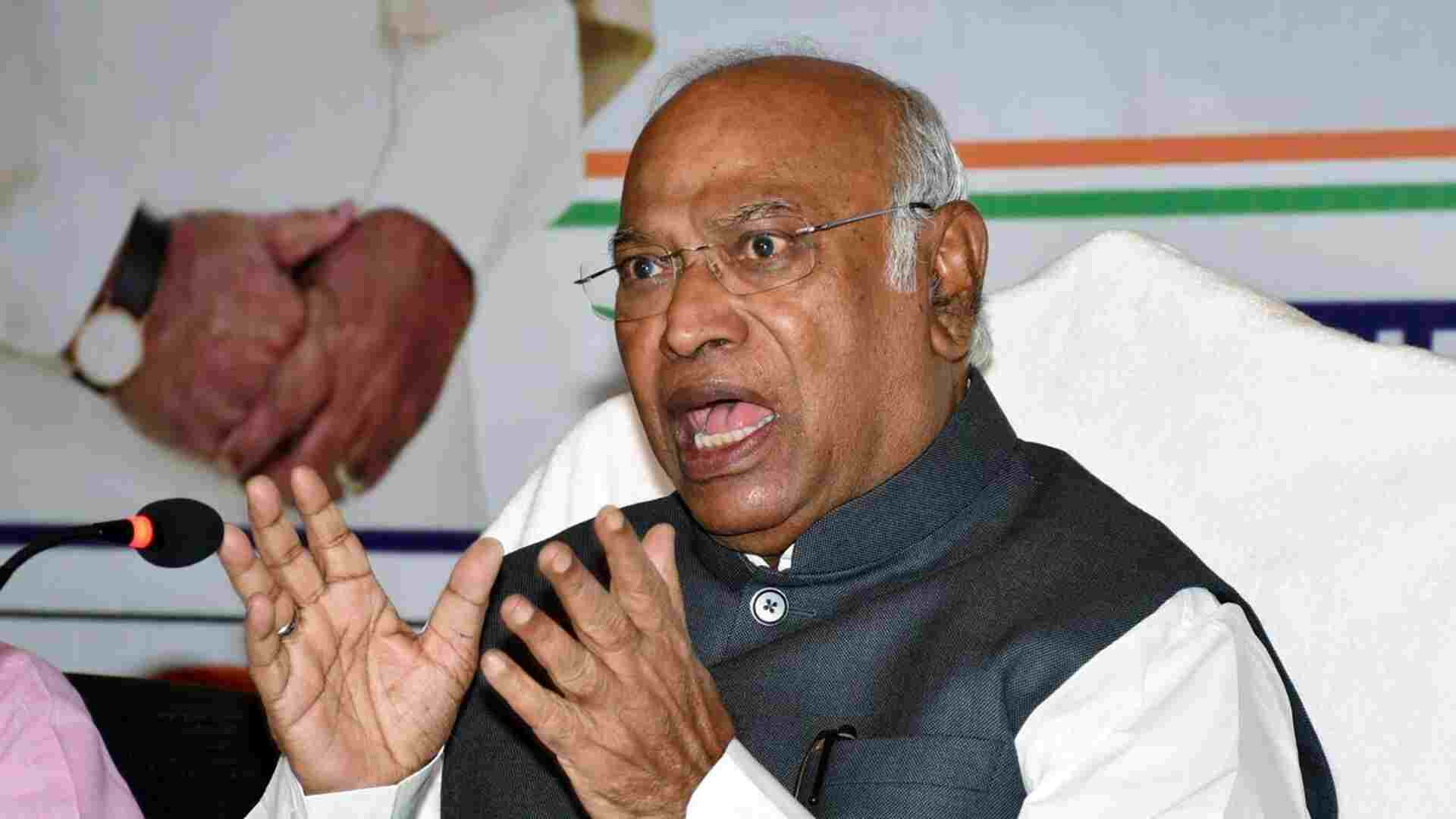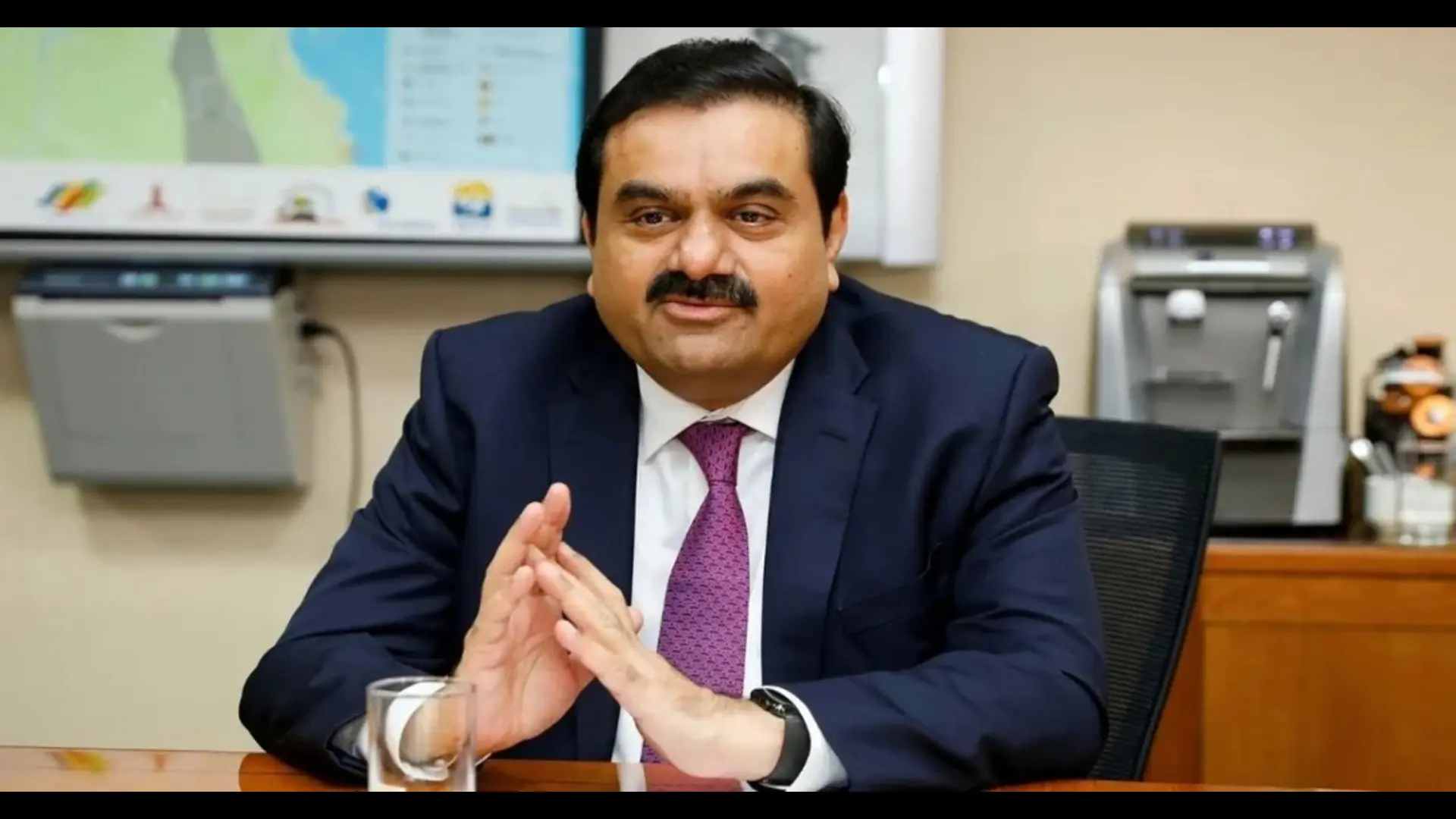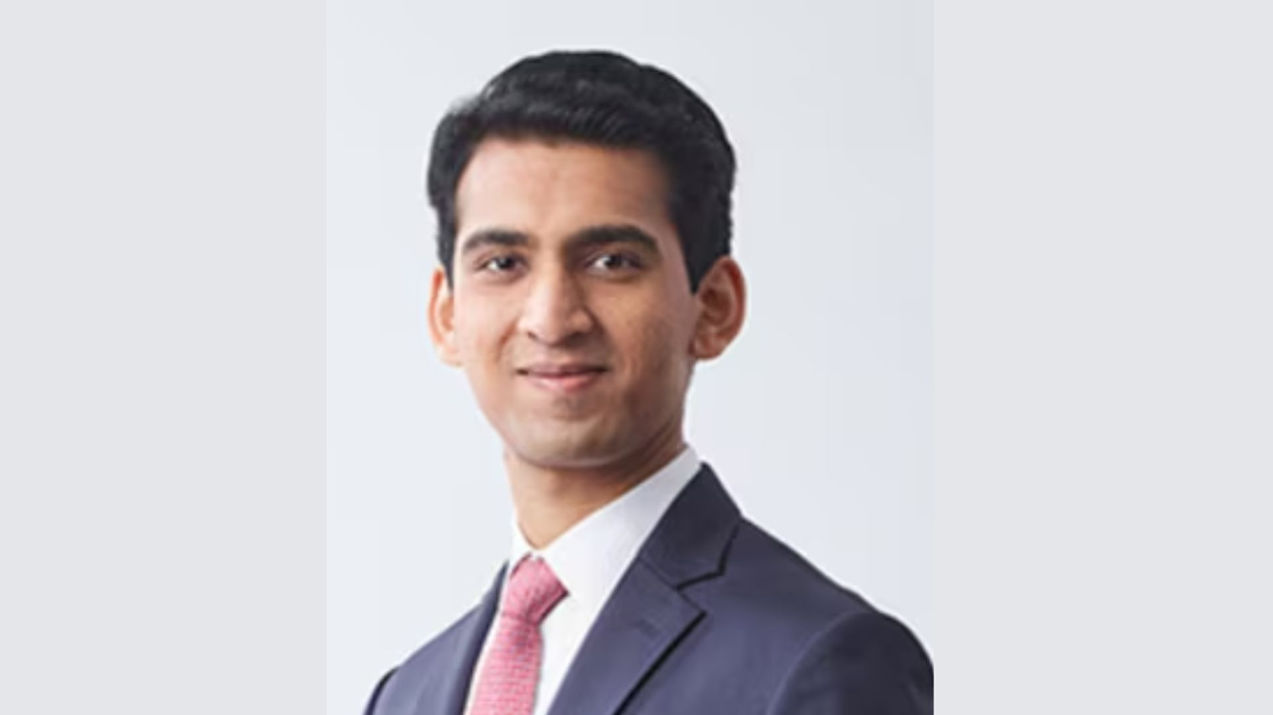
“In India, exams like NEET are not just tests; they are gateways to success and symbols of hope, embodying the dreams of millions of students and their parents who see them as pathways to social upliftment and a brighter future.”
The recent controversy surrounding the National Eligibility-cum-Entrance Test (NEET) 2024 results has once again spotlighted the urgent need to reform the higher education system in India. With over 2.4 million students registering for the exam and more than 2.3 million actually appearing, the stakes have never been higher. This year’s results, marred by allegations of irregularities and paper leaks, have triggered widespread concern among medical aspirants, parents, and educators. The inflated marks and the subsequent increase in cut-off scores have intensified fears regarding the admission process in the upcoming academic year. It is evident that the current system, embodied by NEET, is under significant strain and demands immediate and comprehensive reform.
NEET was introduced with the objective of standardising the admission process for medical and dental courses across India. Conducted by the National Testing Agency (NTA), it aimed to ensure a uniform evaluation of candidates’ eligibility, thereby improving the quality and transparency of entrance examinations. However, the recent events surrounding NEET 2024 have exposed significant flaws in this system. The unusual number of perfect scores and the discrepancies in high-ranking scores have raised legitimate questions about the fairness and integrity of the examination process. The fact that 67 candidates secured a perfect score of 720 out of 720, with many from the same examination centre, is highly suspect and has led to legal challenges questioning the validity of the results.
One of the critical issues highlighted by this controversy is the growing influence of coaching institutes. The dominance of these institutions in the preparation for NEET has created a parallel education system where students are often compelled to rely on expensive coaching to secure high scores. This not only commercialises education but also exacerbates socioeconomic disparities, as only students from affluent backgrounds can afford such coaching. The Rajan Committee’s findings, which indicated that 99% of students admitted in 2019-20 had taken coaching, underscore the disproportionate influence of these institutes on the exam outcomes.
Moreover, the NEET examination, despite its intention to provide a level playing field, has been criticised for its alignment with the CBSE syllabus, which may not be entirely suitable for students from various state boards. This discrepancy puts students from non-CBSE backgrounds at a disadvantage, further questioning the equity of the examination system.
Additionally, the limited language options and frequent translation errors in NEET question papers disadvantage students who are more comfortable in their regional languages.
The psychological impact on students is another area of concern. The intense competition and the pressure to excel in a single, high-stakes exam have severe implications for the mental health of students. The alarming number of student suicides in Kota, the hub for NEET preparation, is a tragic testament to the extreme stress and anxiety associated with the exam.
To address these multifaceted issues, a holistic reform of the higher education entrance examination system in India is imperative. Firstly, the NEET syllabus must be aligned more closely with various state board curricula to ensure that all students, regardless of their educational background, have an equal opportunity to succeed. This alignment would necessitate collaboration between the central and state education boards to create a more inclusive and balanced examination framework.
Secondly, the examination should be conducted in a broader range of languages, with meticulous attention to the accuracy of translations. This would mitigate the language barrier and ensure that students from different linguistic backgrounds are not disadvantaged. Additionally, the pattern of the exam should evolve to assess critical thinking and practical knowledge, rather than just rote learning and memorization. This shift would better evaluate the competencies required for medical education and practice.
Thirdly, the reliance on coaching institutes needs to be addressed. Although the Ministry of Education (MoE) has introduced comprehensive guidelines to regulate coaching centres and manage their unregulated growth with the aim to mitigate the negative impact of coaching institutes on the education system and ensure a fairer preparation landscape for all students. However, further regulatory measures should be put in place to control the exorbitant fees charged by these institutions and to ensure that quality preparatory resources are accessible to all students, regardless of their financial background.
Furthermore, the implementation of recommendations from the Rajan Committee, such as using normalised higher secondary scores and incorporating an adversity score to account for socioeconomic and educational disadvantages, would enhance the fairness of the admission process.
Transparency and fairness in the evaluation process are paramount. Establishing a robust grievance redressal mechanism would allow candidates to raise concerns and have them addressed promptly. Additionally, judicial oversight can be encouraged to maintain trust in the examination system. The recent formation of a committee to investigate the NEET 2024 results is a step in the right direction, but continuous evaluation and improvement of the examination process are essential to prevent future discrepancies.
Finally, a more comprehensive and equitable assessment system should be developed, one that considers continuous evaluation and multiple assessment parameters rather than a single, high-stakes exam. This approach would reduce the psychological burden on students and provide a more accurate measure of their abilities and potential.
The NEET controversy has highlighted critical issues that cannot be ignored. The time has come for a concerted effort to reform the higher education entrance examination system in India, ensuring it is fair, inclusive, and reflective of the diverse educational landscape of the country. Only through such reforms can we aspire to create an education system that truly upholds the principles of equity, transparency, and meritocracy.
Dr. Fauzia Khan, Member of Parliament, Rajya Sabha (Nationalist Congress Party
Syed Hamid Hasan, Founder & CEO – Edjobster















